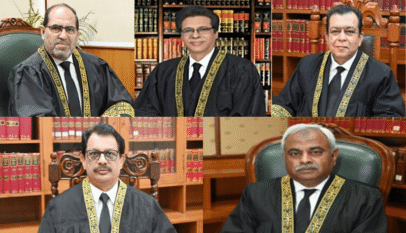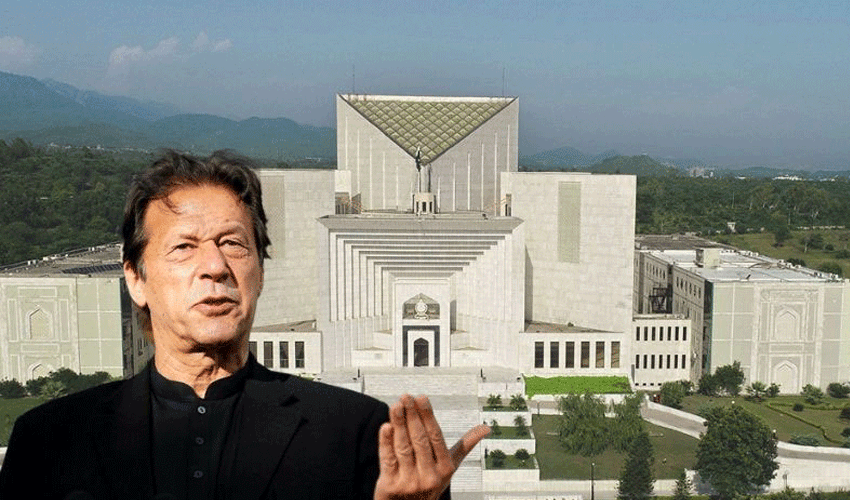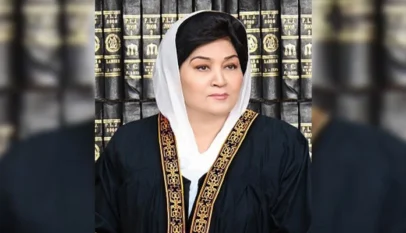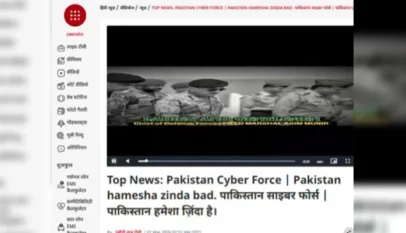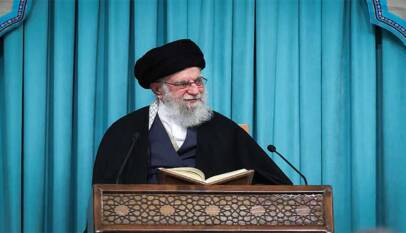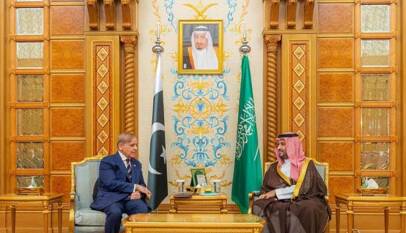
ISLAMABAD (RNN TV) — The Supreme Court on Tuesday underscored the need for Pakistani society to move away from regressive dowry practices, advocating instead for marriages built on simplicity, mutual dignity, and the groom’s financial responsibility through Mehr.
Justice Syed Mansoor Ali Shah, heading a two-member bench, observed that dowry given under coercion or social pressure fosters inequality and exploitation—contradicting both constitutional values and Islamic principles. “Dowry, unless given voluntarily and free from coercion or social pressure, perpetuates inequality and exploitation,” the judge noted.
The court was hearing an appeal filed by Muhammad Sajid against a Lahore High Court (LHC) verdict issued on October 17, 2022, concerning dowry and maintenance in a post-divorce dispute.
In its detailed seven-page judgment, the Supreme Court ruled that any property or assets given to the bride at the time of marriage remain her exclusive property and cannot be claimed by the groom or his family. “No misplaced expectations or entitlements should arise in this regard,” Justice Shah emphasized.
The court clarified that gifts or contributions made by the bride’s family must be entirely voluntary and devoid of societal pressure. This principle, the judge explained, preserves familial dignity and reaffirms the constitutional commitment to equality and human dignity.
The case stemmed from the marriage of Muhammad Sajid and Shamsa Asghar, solemnized on February 5, 2018. Following marital discord and divorce, the respondent (bride) filed a suit for maintenance and dowry recovery. A trial court partially accepted her claim in March 2022.
Both parties filed appeals in Sialkot—one seeking to reduce maintenance, the other to increase the dowry valuation. While the dowry amount was raised, the claim for maintenance was dismissed. Muhammad Sajid’s revision petition was later dismissed by the LHC, prompting his appeal to the Supreme Court.
A key question in the case was whether items given to the groom’s family could be considered part of dowry. The Supreme Court ruled that such gifts fall outside the legal definition of dowry and should be treated separately as presents. The court, therefore, set aside the LHC’s judgment on these grounds.
In conclusion, the court reiterated that Mehr—an obligatory gift from the groom—is the only mandated financial provision in Islamic marriage, intended to support the bride without burdening her family.
Source: Web Desk
Indian News channel hacked, pro-Pakistan content broadcast briefly
(Web Desk) — Indian television channel ABP News was temporarily disrupted after hack…



